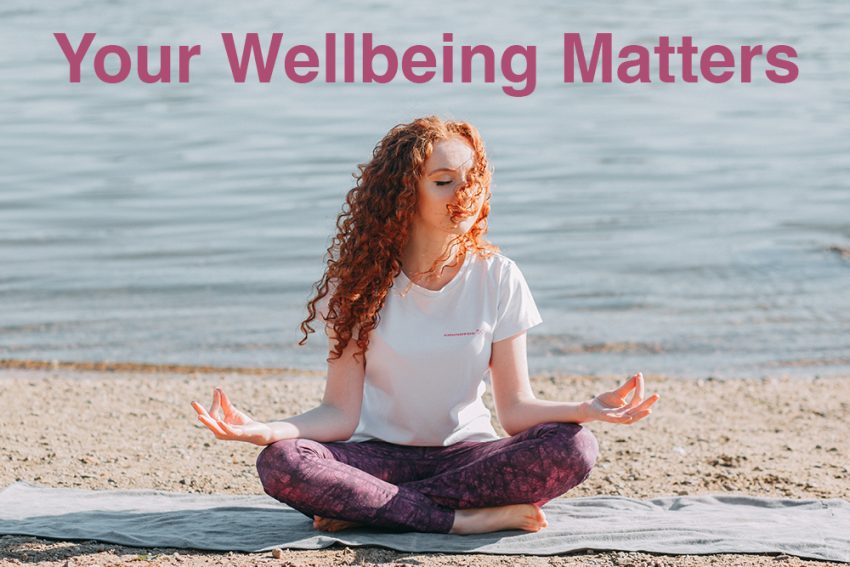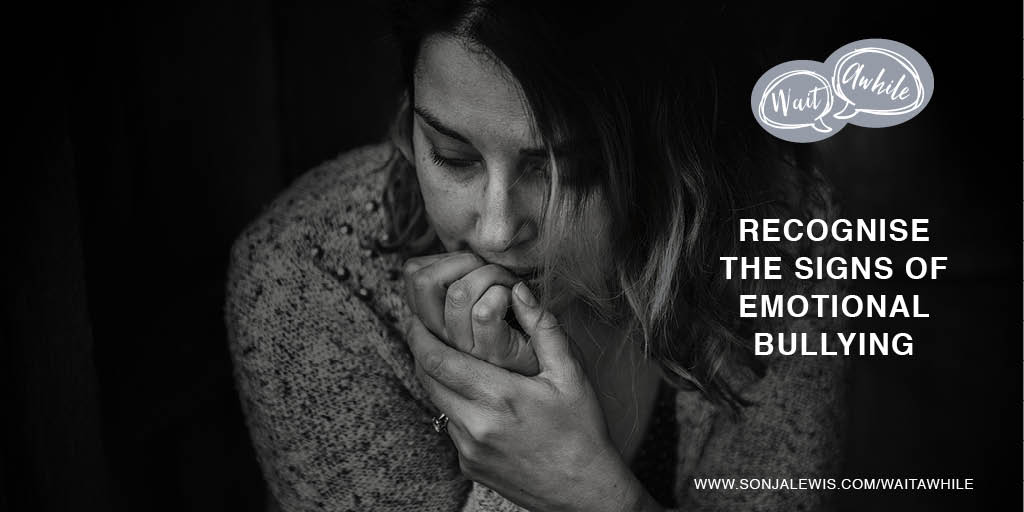Allow me to introduce myself. My name is Elizabeth and I am both thrilled and somewhat nervous to have been invited to write a guest blog on the UIO podcast page. Writing a blog is a first for me so here goes….!
This week we are focusing on both identity and online wellbeing, topics that we’ve covered in our latest podcast. Though a person’s identity is shaped by many different aspects – family, culture, friends, personal interests, education, gender, religion, sexuality, socio-economic groups and so on, some factors may have more of an influence than others and as a person grows up, they are influenced by many aspects of their life. For example, family and culture may influence a person’s sense of responsibilities, ethics, morals, and humour, whereas friends may influence a person’s taste in clothing, music, speech, and social activities.
I believe however, that personal interests are what truly set individuals apart and shape identity. An individual is not a puppet and should be encouraged to explore what they like and don’t like, rather than following the crowd. To this end, society has had limited impact on my lifestyle, mostly because I tend not to follow trends. For example, throughout my teens I listened to Rock music while my friends followed the music trends at that time, such as Bros–even putting the bottle tops on their shoes! (Showing my age here!!!)
This tendency of mine to not follow my friends followed me into adulthood. I had several amazing jobs in the corporate world working in a 9 to 5 role, but always felt that working in this way wasn’t for me. So, partly due to circumstance and partly because I felt trapped, I re-trained as a personal trainer and sports coach, and then later as a digital marketer and VA.
Admittedly, having a career doing a role I actually like helps me to keep my identity as ‘Elizabeth,’ while also enjoying being a busy mum of two. Moreover, I love being in a position to be able to be a positive role model, giving everyone the same opportunities in sport, even if it means breaking down gender stereo-types. Girls bring their emotional selves to football for example, and I teach them to embrace that–that is their true self so why hide it?
I have a strong set of morals and ethics that I have partly adopted from my parents, but some are also my own. My bootcamps teach girls to look beyond the filters, feel happy in their environment, be comfortable in their bodies and ultimately, make the most of being YOU.
I was extremely privileged to go to university and get a first class honours degree in International Business, but appreciate not everyone is. I, therefore, teach young individuals not to be limited by their environment etc, but to be who they want to be.
In today’s world, identity is also important in the online space. Social media can be a positive tool to help children develop and grow but it can also affect young peoples’ emotional and mental health.
Being too active on Social media and worrying about regularly posting pictures and status updates has been linked to anxiety, poor body image and diminished mental health. The constant seeking of approval from others and searching for external validation means that young people don’t develop a secure sense of self that isn’t dependant on arbitrary conditions of worth. This preoccupation with how other people react to what we post on social media can lead us all, particularly young people to feel unsure about their value. Constant posting may also open them up to receiving more negative or mean comments on line, rather than compliments or praise.
Social media is here to stay though, and while there are, of course, many benefits, it is important that we as parents, guardians, teachers, influencers, people in positions of responsibility etc, discuss with our kids the importance of using it in a healthier way. To this end, we need to equip them with tools to create a safe space within social media by talking about the impact of seeking approval from an online world that doesn’t really know them or comparing their lives to the edited versions of the lives they see online. This way they can be true to their own identity, on and offline.
For more hot tips, check out Your Identity Inside Out and Your Online Wellbeing Inside Out




